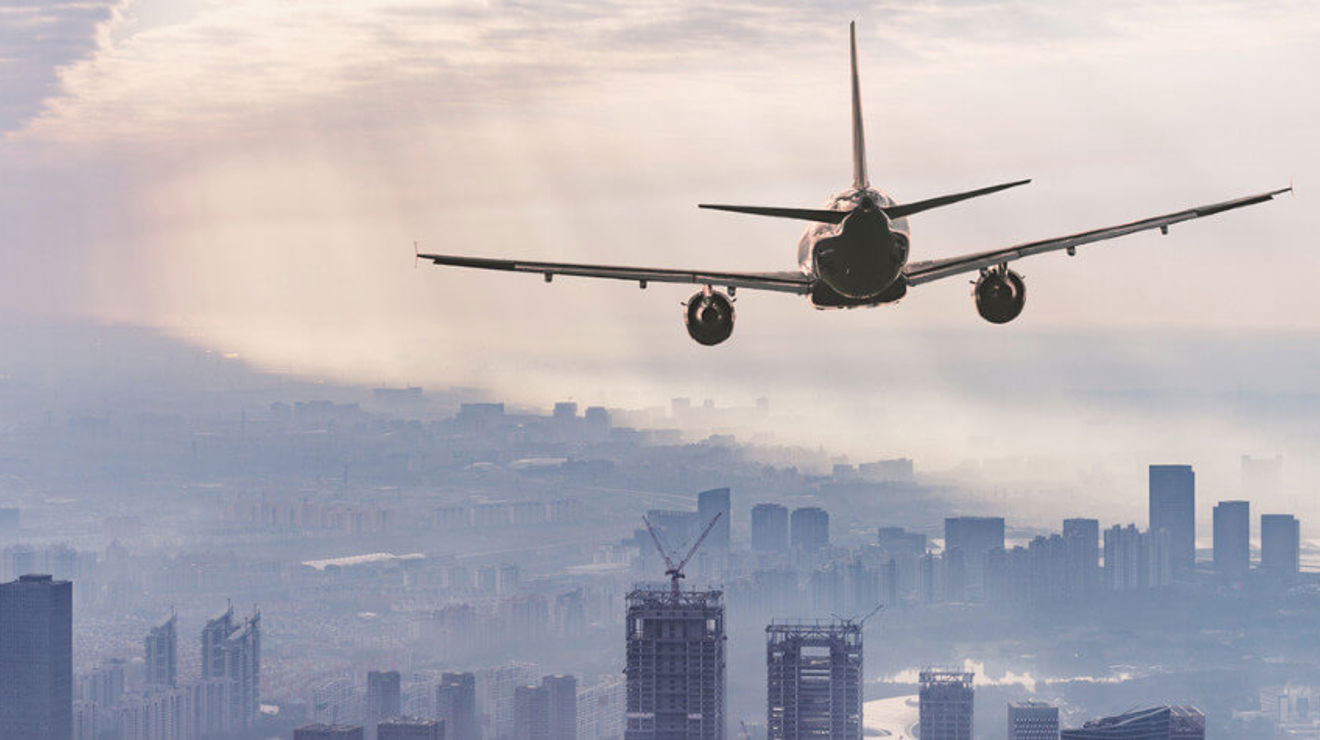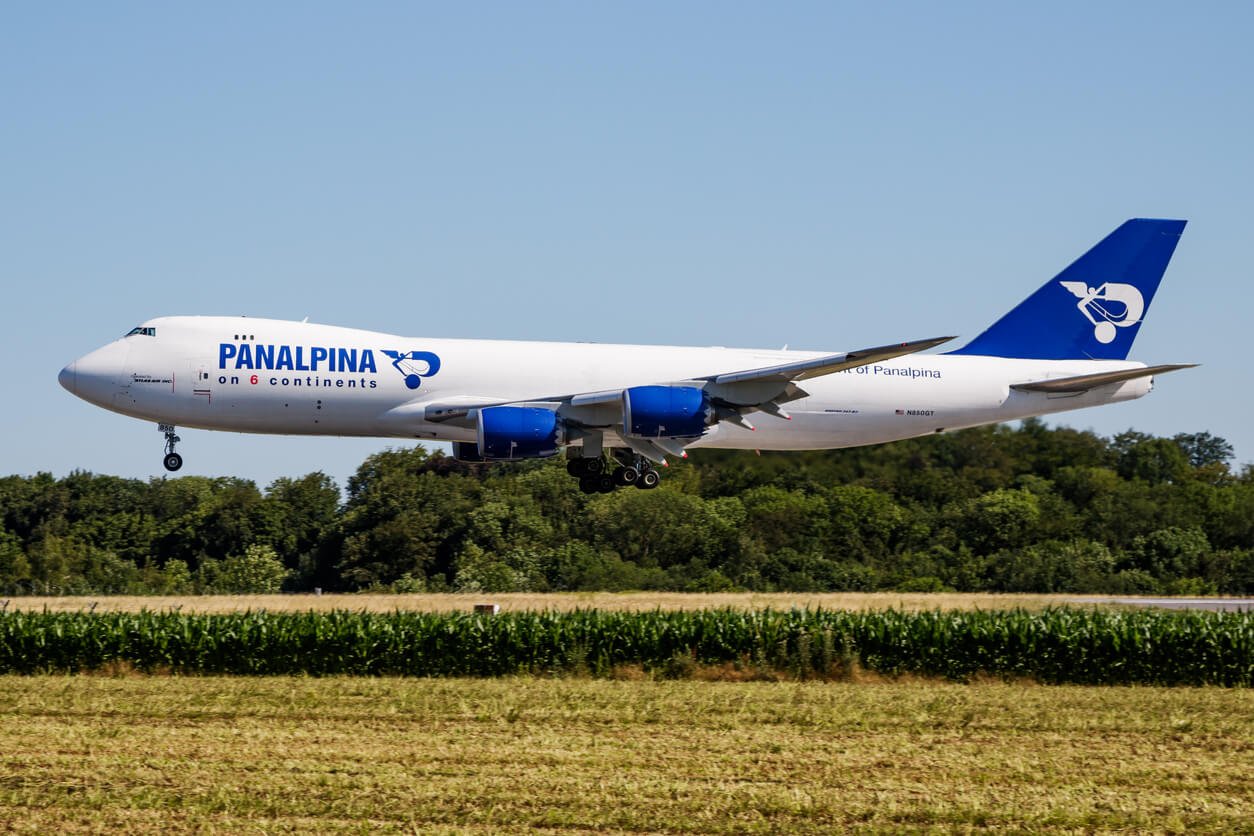Delivering when nothing is the same
Mattias Isaksson
Head of Marketing & Communications

Going the extra mile to deliver life-saving medicines. Envirotainer together with our vast network of partners have a very important and unique social responsibility to ensure a well-functioning cold chain.
In the wake of the effects of COVID-19 nothing is as it used to be. Stock markets around the world are taking a hit, airlines and hotels across the world see cancellations as people reduce traveling and the oil price is falling as production in the world is slowing down. At the same time, there are patients across the world that need their life-saving medicines. The majority of temperature-controlled pharmaceutical air freight goes on regular passenger planes as opposed to on dedicated freighters. When people cannot travel, airlines are forced to shut down operations which means that air freight capacity is drastically impacted. This is what happened in mid-February when the COVID-19 outbreak caused airlines to cancel their flights into Shanghai, China. A large European pharmaceutical company urgently needed to find a way of getting large volumes of their life-saving medicines from Amsterdam into Shanghai to treat the patients there.
They reached out to their logistics partner, DSV/Panalpina, to find a solution to this challenging problem. Panalpina contacted a number of cold-chain solution providers to find a way to get medicines into Shanghai. As there were very few airplanes leaving Shanghai part of the problem was finding a partner with the global reach and capacity to take on a large shipment to Shanghai without the guarantee that the units could be brought out of China in the near future.

The only one who could meet the requirements
Envirotainer was the only solution provider that was willing and able to manage this large and complex one-way shipment. Within 36 hours of receiving the request from DSV/Panalpina, Envirotainer had set up a special operation protocol to handle the first shipment of 37 RKN e1 to Shanghai in less than one (1) week.
Fredrik Sjödin, Strategic Account Manager at Envirotainer, explains “Once we got the request from DSV/Panalpina, the entire team at Envirotainer got together to find the best possible solution to a tricky situation. I’m proud to say that we managed to come back with what I think is a great solution in less than 36 hours that allowed the life-saving medicines to be shipped.” He continued “Working with great partners like DSV/Panalpina makes all the difference in the world. They are agile and customer-focused in the same way as we are so it’s easy to work on the solution and cut through any red tape.”
One important aspect of finding a solution is of course to find airline partners that have the freighter capacity and operating procedures to manage temperature-controlled shipments on short notice. Luckily, we have talented partners in both Qatar Cargo and AirbridgeCargo, who between them, could uplift the 37 RKN e1s and, thanks to the special set-up of a one-way lease, were able to prioritize the shipment. In late March we together handled an additional shipment of 16 RKN e1 containers.
Additional measures to support business operations in Shanghai, PVG
In our station in Shanghai, PVG, we also implemented additional measures to secure the uninterrupted service delivery:
- Daily temperature taking of Envirotainer station staff.
- A strict policy of not reporting for work at an Envirotainer station when feeling unwell.
- Separate work teams working in shifts with no overlap to mitigate risk of virus affecting entire workforce so that we can keep the station open.
We will maintain the current set-up as long as needed to ensure the continuous flow of life-saving medicines to patients who need them.
In addition to finding a special solution from Amsterdam to Shanghai, the business model and operating procedures we have in place allows Envirotainer to run at 100% availability of containers to our customers and zero (0) missed orders across the globe, despite the current outbreak of COVID-19, and the subsequent flight cancellations. All 50+ stations are open and running at 100% operational capacity.